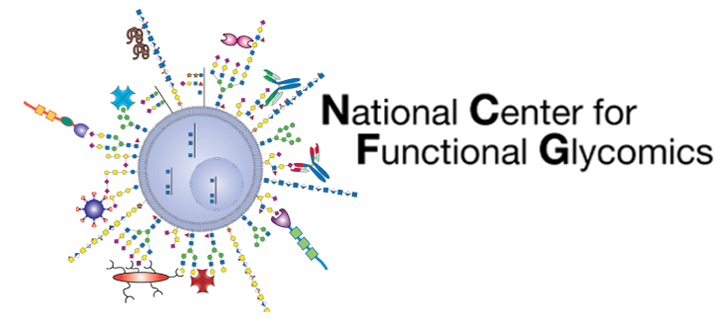Vervelde L, Bakker N, Kooyman F, Cornelissen A, Bank C, Nyame K, Cummings R, Die I. Vaccination-induced protection of lambs against the parasitic nematode Haemonchus contortus correlates with high IgG antibody responses to the LDNF glycan antigen.. Glycobiology. 2003;13(11):795–804.
Abstract
Lambs respond to vaccination against bacteria and viruses but have a poor immunological response to nematodes. Here we report that they are protected against the parasitic nematode Haemonchus contortus after vaccination with excretory/secretory (ES) glycoproteins using Alhydrogel as an adjuvant. Lambs immunized with ES in Alhydrogel and challenged with 300 L3 larvae/kg body weight had a reduction in cumulative egg output of 89% and an increased percentage protection of 54% compared with the adjuvant control group. Compared to the adjuvant dimethyl dioctadecyl ammonium bromide, Alhydrogel induced earlier onset and significantly higher ES- specific IgG, IgA, and IgE antibody responses. In all vaccinated groups a substantial proportion of the antibody response was directed against glycan epitopes, irrespective of the adjuvant used. In lambs vaccinated with ES in Alhydrogel but not in any other group a significant increase was found in antibody levels against the GalNAcbeta1,4 (Fucalpha1,3)GlcNAc (fucosylated LacdiNAc, LDNF) antigen, a carbohydrate antigen that is also involved in the host defense against the human parasite Schistosoma mansoni. In lambs the LDNF-specific response increased from the first immunization onward and was significantly higher in protected lambs. In addition, an isotype switch from LDNF-specific IgM to IgG was induced that correlated with protection. These data demonstrate that hyporesponsiveness of lambs to H. contortus can be overcome by vaccination with ES glycoproteins in a strong T-helper 2 type response-inducing aluminum adjuvant. This combination generated high and specific antiglycan antibody responses that may contribute to the vaccination-induced protection.
Last updated on 03/06/2023
